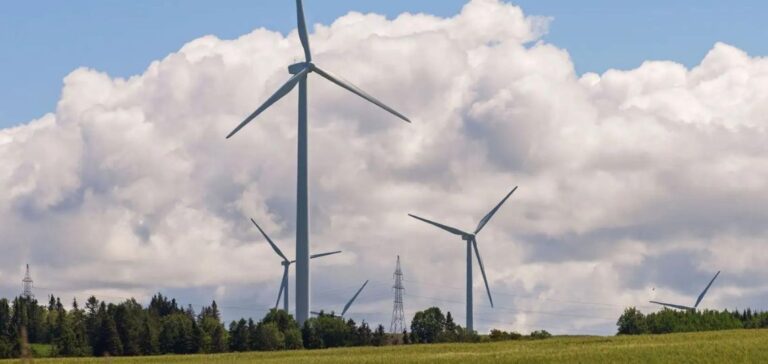According to a report published by the European Power Service, onshore renewable energy remains the most cost-effective energy technology in Europe. The discounted cost of electricity (LCOE) is expected to more than halve to €23/MWh by 2050 compared to 2022, making onshore wind the most cost competitive technology. Offshore wind is still expensive, but costs are expected to drop by 68% by 2050. There is also huge potential in the offshore wind market, with nearly US$1 trillion expected to flow into the global sector over the next decade.
Battery storage LCOEs have been reduced by 86% over the decade to 2021, driven by automotive innovation. And they remain on track to fall by 60% by 2050.
Solar LCOEs will decrease
According to the report, forecasts show that discounted electricity costs for solar and solar plus storage solutions are expected to decline by 2050. However, it is important to note that not all technologies will be equally competitive in terms of cost. For this reason, the report provides a detailed breakdown of the forecast for each solar solution to help investors make informed decisions. Investments in the electricity generation and storage sector in Europe will be massive, reaching €1,640 billion by 2050, of which 78% will go to solar and wind power.
Gas remains essential to the European energy system despite its high price
Gas remains essential to the flexibility of the European energy system. However, with the rising price of gas, it cannot compete with renewable energy in terms of cost. Fossil fuels are the most expensive energy options in the LCOE rankings, with a premium of over 200% on average wind and solar projects today. As fuel and carbon prices rise, fossil fuel LCOEs will increase by 10% for 2022, before declining at an average rate of 1% through 2050.
Short-term challenges for renewable energy and energy storage in Europe
While the long-term trend is for renewable energy costs to decline, there are significant short-term pressures. The LCOE figures for renewables and energy storage in 2022 increased by an average of 19% due to supply chain bottlenecks and commodity price inflation. Challenges associated with permitting and finding skilled labor in the region persist and compromise timely deployment. Equipment manufacturers will have to recoup the higher cost of manufacturing the products.
Onshore renewables remain the most cost-effective energy technology in Europe, with costs expected to fall further by 2050. Offshore wind has huge growth potential, but costs still need to come down to be competitive with other technologies. Battery storage has seen a sharp reduction in its cost, while gas remains essential to the European energy system.






















